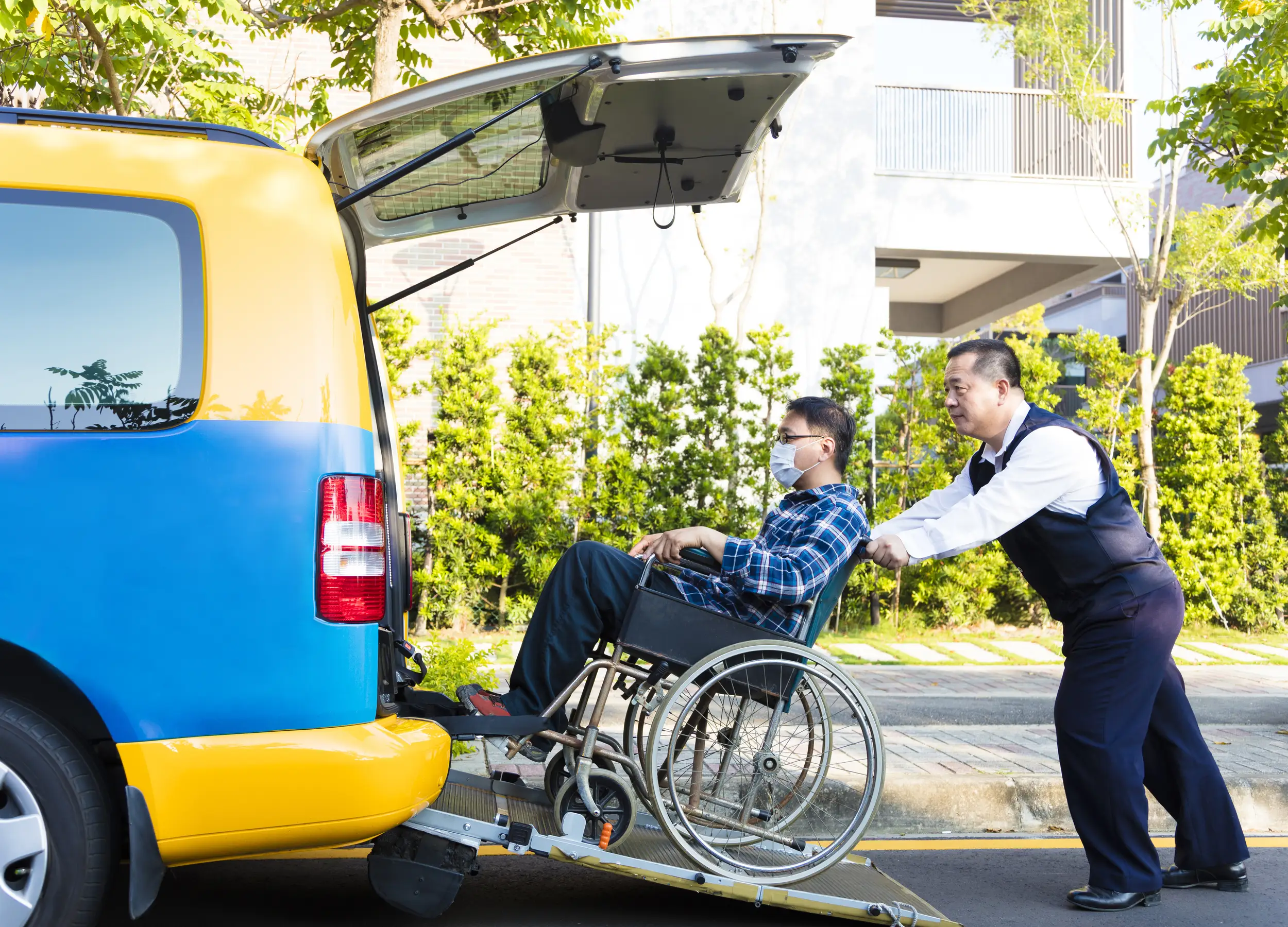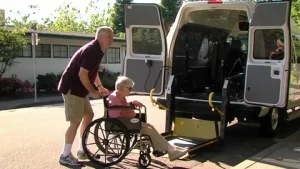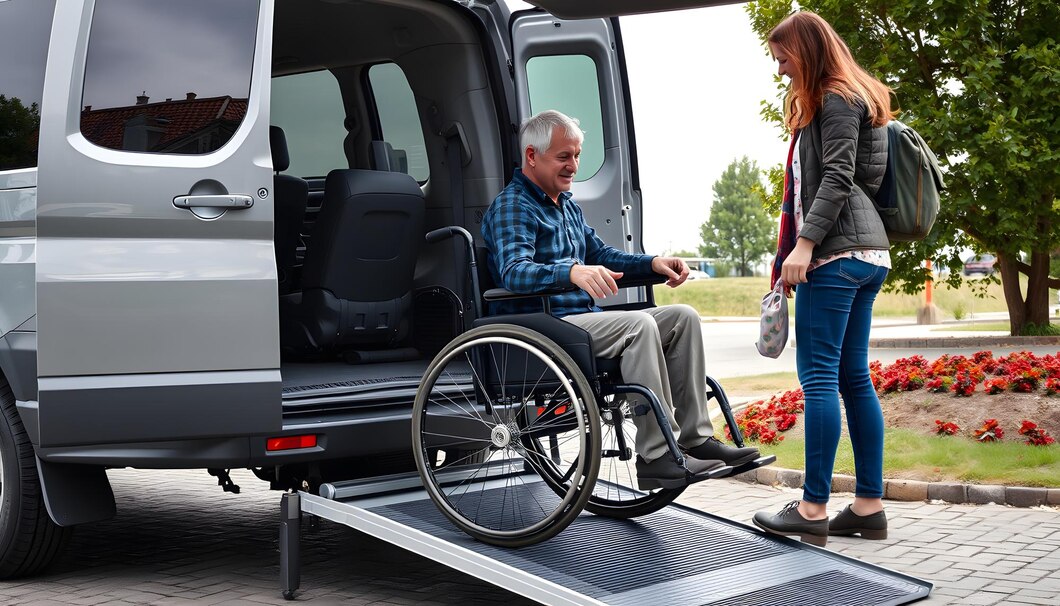What is long-distance medical transport and when is it needed?
Long-distance medical transport refers to transporting a patient over distances exceeding 200 miles, often due to emergencies, chronic illnesses, or medical repatriation. The process includes coordinating medical equipment, trained staff, and necessary insurance paperwork. Services vary by need and urgency. Options include fixed-wing air ambulances, ground ambulances, nurse escorts on commercial airlines, and mobile ICUs. When choosing the best long distance medical transport in Westminster, MD, it’s important to evaluate both care quality and provider reputation. These services ensure safety and comfort during transit, especially in complex or life-threatening situations requiring specialized medical attention.
How much does long-distance medical transport cost on average?
The long distance medical transport cost varies significantly depending on the method used. On average, costs range from $5,000 to $20,000, though air ambulance services can exceed $80,000. Fixed-wing flights often fall between $12,000 to $25,000, while mobile ICUs range from $8,000 to $20,000. Ground ambulances tend to be more affordable, costing $3,000 to $10,000. Factors such as fuel, medical staff, equipment, distance, and urgency influence the final price. It’s critical to compare quotes from certified providers and check insurance or Medicaid coverage options to help mitigate the financial burden.
What factors influence the cost of medical transport services?
Several variables contribute to the long distance medical transport cost. Key factors include the type of transportation (air, ground, or train), travel distance, urgency, required medical staff, equipment, and even lodging for caregivers. For example, an ICU-equipped ambulance or nurse-accompanied flight will cost more due to specialized care. Cross-state or cross-border transport can also introduce regulatory or logistical fees. If you’re seeking Medicaid long distance transportation in Westminster, MD, some providers may cover part of the cost, depending on medical necessity and documentation. It’s vital to confirm all expenses before booking any service.
What are the main methods of long-distance medical transport?
Choosing a transport method depends on the patient’s health and the journey’s complexity. Common options include air ambulances (for rapid or international travel), helicopters (for remote or emergency areas), commercial airlines with nurse escorts (for stable patients), long-distance ambulances, and mobile ICUs. Each has a distinct long distance medical transport cost depending on care level. Train ambulances are rare but valuable for comfort over long land routes. Evaluating the benefits and limitations of each ensures safer travel. Look for a transportation provider for Medicaid in Westminster, MD if using Medicaid-supported services.
How does Medicaid help cover long-distance transport costs?
Medicaid may cover some or all of the long distance medical transport cost if the transport is deemed medically necessary. This includes non-emergency medical transport (NEMT) for chronic care or follow-up appointments. To qualify, patients usually require a physician’s recommendation and proof of the lack of accessible alternatives. In Westminster, MD, Medicaid long distance transportation is available through pre-approved vendors. Contact your state Medicaid office or local care coordinator to find a trusted transportation provider for Medicaid in Westminster, MD and to ensure paperwork is submitted in time for approval.
When should you choose an air ambulance vs. ground transportation?
Choosing between air and ground depends on urgency, distance, and patient condition. Air ambulances are faster and suited for critical care over long or inaccessible routes. They’re essential when a hospital transfer or overseas repatriation is time-sensitive. Ground transportation, such as long-distance ambulances or mobile ICUs, is preferable for stable patients needing continuous care over drivable distances. Each comes with different long distance medical transport cost expectations. Air services usually exceed $10,000, while ground options are lower. Consider patient stability, weather conditions, and destination when making this decision.
What’s the best way to prepare for long-distance medical transport?
Preparation starts with physician documentation, insurance verification, and selecting the right service provider. Make sure all prescriptions, medical records, and contact information are readily available. Confirm whether a family member can accompany the patient. Notify airlines or ambulance services of any special requirements in advance. For people relying on Medicaid, contacting a transportation provider for Medicaid in Westminster, MD early ensures smoother processing. Understanding the long distance medical transport cost ahead of time and planning logistics such as lodging, arrival pickup, and equipment needs will ease the entire process.
(FAQs)
How much does it cost to transport a patient to another state?
Transporting a patient to another state typically costs between $3,000 and $20,000, depending on transportation type, distance, and medical needs.
How much does Medicare pay for medical transport?
Medicare Part B may cover about 80% of ground ambulance costs and occasionally air ambulance services if deemed medically necessary.
What conditions require long-distance medical transport?
Long-distance medical transport is used for chronic illness, cancer, stroke recovery, and mobility impairments that require ongoing care while traveling.
Can family members accompany the patient?
Yes, in most cases a family member can travel with the patient, especially in ground ambulances and commercial flights with nurse escorts.
What are the first steps to arrange long-distance medical transport?
Start with a doctor’s referral, insurance or Medicaid check, and contact a licensed provider offering your needed services.
Comments are closed or not available on this post.












